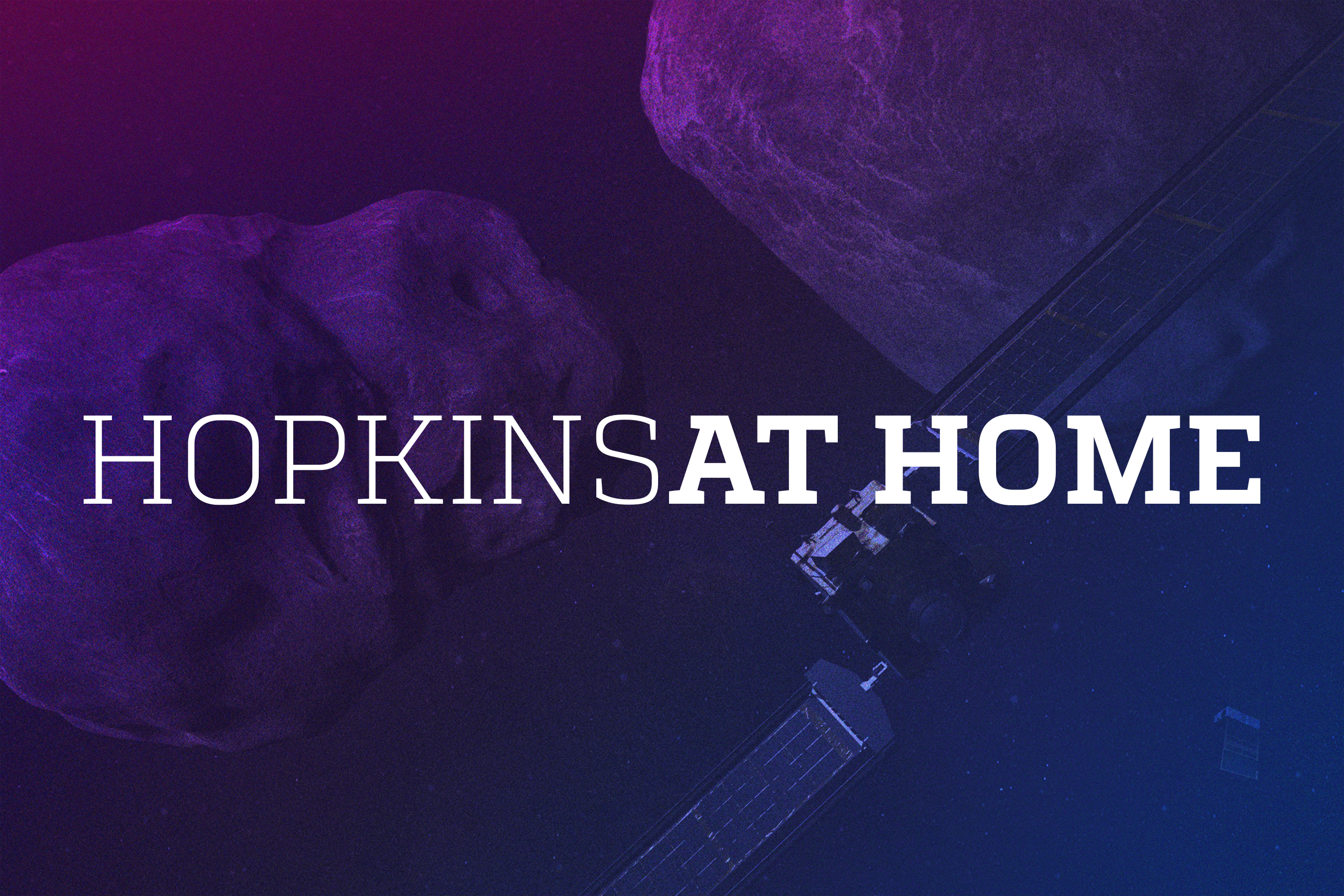Asteroid Impact: An Update on the DART Mission


Asteroids have – and will continue to – cross Earth’s path. It’s not a question of if, but when. Just ask the dinosaurs. Learn more about how NASA and Johns Hopkins Applied Physics Lab’s changed the orbit of an asteroid through the Double Asteroid Redirection Test (DART).
In 2022, for the first time in history, humans changed the orbit of an asteroid through NASA and Johns Hopkins Applied Physics Lab’s (APL) Double Asteroid Redirection Test (DART). Proving this capability has clear benefits in ensuring humanity could deflect a potential threatening asteroid in the future. This innovation also speaks to how far humanity has advanced in its ability to adapt the natural environment to its purposes and how important the space program can be to all of us on the Earth.
With funding from NASA, DART built on several APL-developed innovations, including adaptive target identification, feature recognition, and tracking algorithms originally used in the air and missile defense domain, autonomous deep space operations, and precision navigation.
This historic achievement captivated, inspired and brought people together around the world. Post-flight analysis indicated an orbital change about 25x greater than required for observation from Earth. Should a similar sized asteroid with similar energy be identified to be on an Earth-impact trajectory, this same deflection applied approximately 10 years prior to Earth encounter would be sufficient to avoid regional-scale devastation on the Earth.
This Hopkins at Home program will be broadcast live from Homewood campus as a part of Alumni Weekend activities. To attend the event in person, please register for Johns Hopkins Alumni Weekend at https://alumni.jhu.edu/reunion.
